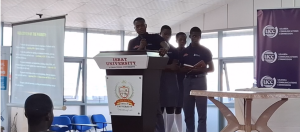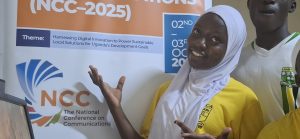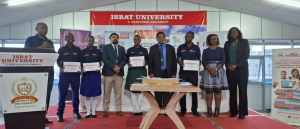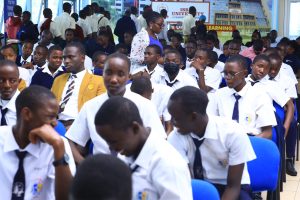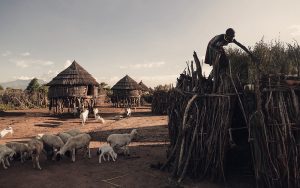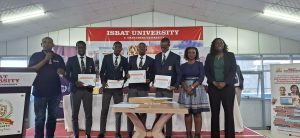Ndeeba SSS (Kayunga) — Promoting a Healthier Generation through Nutritional Education and Feeding Practices
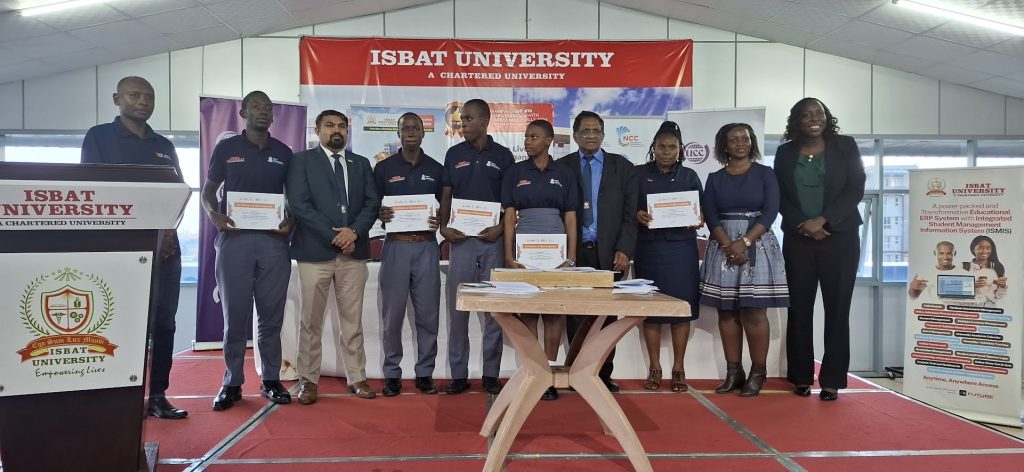
In many Ugandan schools, the conversation about academic excellence often overshadows an equally important factor in student success — nutrition. Ndeeba Secondary School (Kayunga) has taken a bold step to address this overlooked issue through its inspiring project titled “Enhancing Healthy Eating Habits Through Nutritional Education and Feeding Practices.” This initiative recognizes that a well-fed learner is a more attentive, energetic, and successful learner, and it integrates practical nutrition education into school life to strengthen both health and academic performance.
Across Uganda, countless students attend classes on empty stomachs or depend on meals that are filling but nutritionally poor. Many schools and homes rely heavily on starchy foods like posho and cassava, which provide energy but lack essential nutrients such as proteins, vitamins, and minerals. This results in fatigue, low concentration, and malnutrition — conditions that directly affect learning outcomes and general wellbeing. To tackle this, the students and teachers at Ndeeba SSS developed a project that promotes balanced diets using locally available and affordable foods such as beans, greens, millet, eggs, groundnuts, and fruits.
The project combines education and practice. Through nutrition awareness sessions, learners and parents are taught the importance of dietary diversity, proper meal planning, and the role of various food groups in body growth and immunity. Visual learning tools, charts, and demonstrations make lessons engaging and easy to understand. At the same time, the school encourages the establishment of school gardens, where students plant vegetables and legumes as part of hands-on learning. These gardens serve not only as teaching tools but also as sustainable sources of nutritious meals for the school feeding program.
By integrating nutrition into everyday learning, Ndeeba SSS fosters a culture of healthy living that extends beyond the classroom. Students take these lessons home, influencing their families and communities to adopt better feeding habits. The initiative also provides an opportunity for learners to appreciate the connection between agriculture, health, and education — promoting practical skills in farming and food preparation alongside theoretical knowledge.
This holistic approach has multiple benefits. Improved nutrition leads to better concentration, attendance, and academic performance, while healthier learners experience fewer illnesses and greater energy for study and participation in co-curricular activities. Teachers and parents have also reported increased awareness of how affordable, local foods can be used creatively to meet daily nutritional needs.
The project aligns with Sustainable Development Goal 3 (Good Health and Well-being) and Goal 4 (Quality Education) by linking classroom learning with real-life health outcomes. It also embodies the spirit of the UCC ICT Clubs Program, implemented in partnership with KAWA Uganda, which encourages innovation that responds to the real needs of Ugandan communities.
Through this initiative, Ndeeba Secondary School (Kayunga) is demonstrating that innovation is not limited to technology — it is about finding creative, sustainable solutions to human challenges. By empowering students to lead conversations about food, health, and sustainability, the school is nurturing a generation that is not only informed but also healthy, productive, and ready to build a stronger Uganda.

